Effective boiler water treatment is essential to ensure the long-term reliability, safety, and efficiency of boiler systems. Water used in boilers can carry impurities that, if untreated, will lead to corrosion, scaling, and ultimately system inefficiencies or failures. To counteract these risks, we use both external and internal treatment methods, targeting impurities and adjusting water chemistry to meet specific boiler requirements. Our approach combines advanced chemical solutions that condition the water, thereby protecting the boiler and extending its life.
Key Boiler Water Treatment Chemicals and Their Roles
- Oxygen Scavengers
Oxygen in boiler water is a primary cause of corrosion, particularly in high-temperature environments. Oxygen scavengers work to remove dissolved oxygen, thereby preventing oxidation reactions that lead to rusting and pitting on metal surfaces. Common scavengers include sodium sulfite, hydrazine, and tannin-based products.
- Sodium Sulfite: This fast-acting scavenger reduces dissolved oxygen, forming sodium sulfate—a harmless compound—through a chemical reaction with oxygen. Sodium sulfite is particularly effective for low-to-moderate pressure boilers.
- Hydrazine: A powerful oxygen scavenger that, besides reducing dissolved oxygen, forms a passivation layer on metal surfaces. This layer protects metal components from future corrosion. Hydrazine is typically used in high-pressure boilers due to its high efficacy.
- Tannins: These natural compounds not only scavenge oxygen but also create a protective film that prevents corrosion by forming a molecular layer over the metal surfaces
2. Alkalinity Builders
Maintaining optimal alkalinity is critical to prevent corrosion and enhance boiler efficiency. Alkalinity builders raise the pH level of boiler water, creating an environment that mitigates acidic corrosion in the system. The ideal pH level for boiler water usually lies between 10.5 and 12, depending on system specifics.
- Sodium Hydroxide (NaOH) and Potassium Hydroxide (KOH): These are the most common alkaline agents used. When added, they dissociate into hydroxide ions, neutralizing acids present in the water and raising the pH. This helps prevent the formation of carbonic acid—a corrosive byproduct of CO₂ dissolved in water.
- Sludge Conditioning Polymers: Alkalinity builders may also be combined with polymers that condition sludge, preventing it from hardening on boiler surfaces. This is especially useful in high-temperature boilers where sludge buildup can impede heat transfer and lower efficiency.
3. Neutralizing Amines
Amines are used to combat the acidity of condensate water, which can cause severe corrosion within condensate piping. By neutralizing carbonic acid formed from dissolved CO₂, amines protect the piping and improve overall boiler longevity.
- Morpholine, Dimethylaminoethanol (DMAE), and Cyclohexylamine: These amines volatilize with steam and re-condense in the piping, where they increase the pH of the condensate. This prevents acidic corrosion, thereby extending the lifespan of condensate lines and reducing maintenance requirements. Amines are often blended for balanced pH control throughout the entire condensate system.
4. Anti-Scaling Agents
Scaling is a common issue in boilers due to minerals like calcium and magnesium, which precipitate as the water is heated, forming hard deposits on boiler surfaces. These scales can act as thermal insulators, reducing heat transfer efficiency, and causing localized overheating and potential equipment failure. Anti-scaling agents prevent this by either dispersing or sequestering these minerals.
- Polymeric Dispersants: Synthetic polymers, such as polymaleic acid, polyacrylic acid, and polystyrene sulfonate, are used to suspend calcium and magnesium ions in water, preventing them from settling and forming scale. These polymers operate by binding to the mineral ions, keeping them soluble, or altering their crystal structure so they do not adhere to boiler surfaces.
- Phosphate Treatments: Phosphates react with calcium ions to form a non-adherent calcium phosphate precipitate that can be easily removed from the boiler. By effectively removing calcium hardness, phosphate treatments protect the boiler from scale-related efficiency losses.
Specialized Boiler Water Treatment Programs
In addition to standard treatment chemicals, we offer customized treatment programs that analyze specific boiler operations and recommend the optimal combination of chemicals. Our approach includes regular monitoring using advanced sensors for parameters such as dissolved oxygen, pH, and conductivity to maintain effective control over water chemistry. This proactive approach prevents system issues before they arise, ensuring minimal downtime and extending the operational life of boiler components.
Each component in our boiler water treatment program plays a crucial role, with specific chemical interactions tailored to the unique demands of your boiler. Our solutions not only improve water quality but also enhance boiler efficiency, reduce operational costs, and contribute to a more sustainable operation.
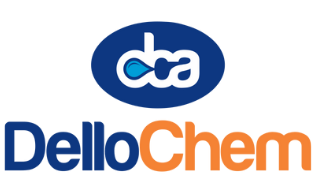
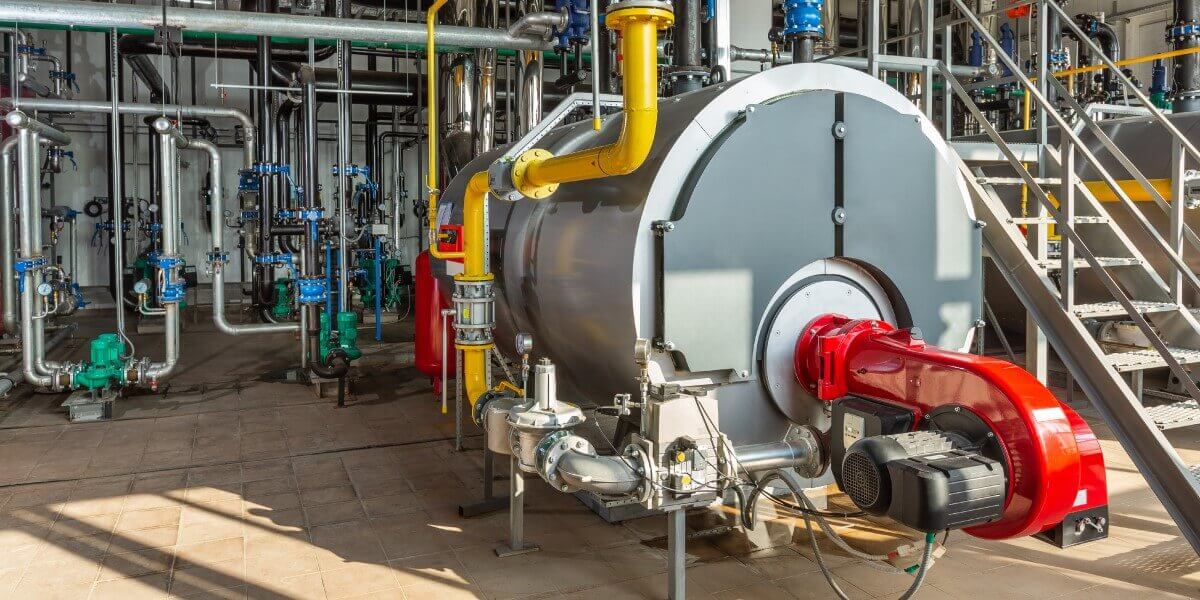

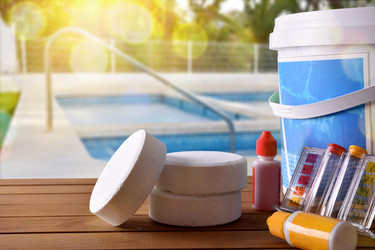
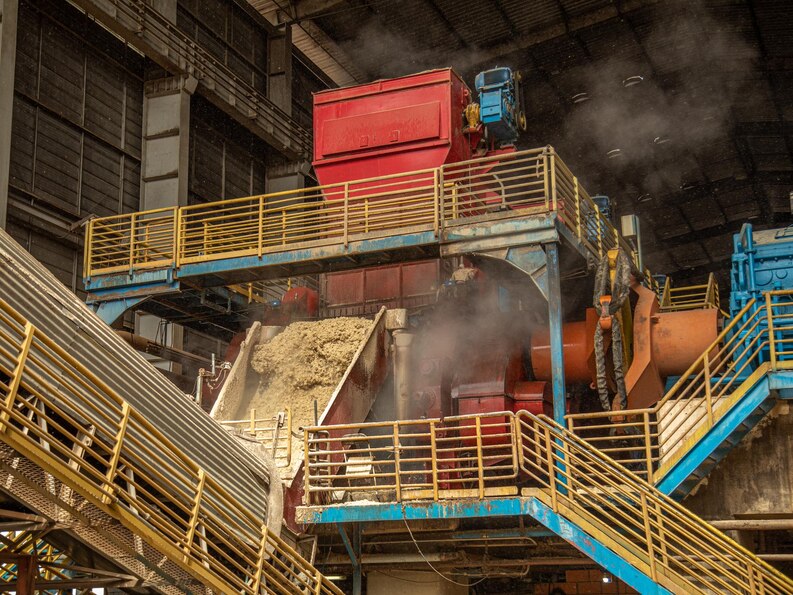
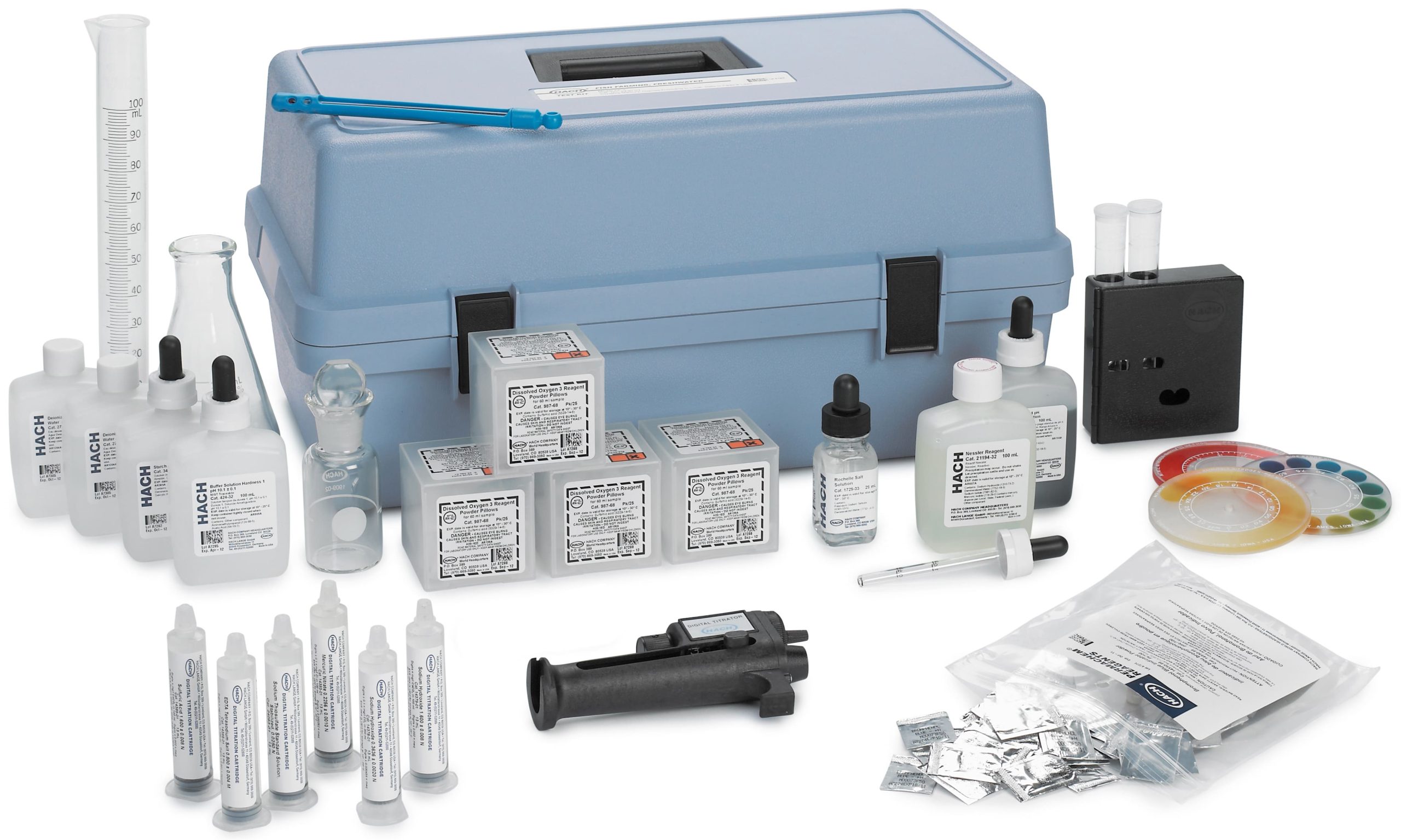
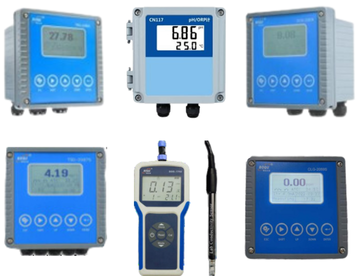
Everything is very open and very clear explanation of issues. was truly information. Your website is very useful. Thanks for sharing.
https://www.zoritolerimol.com